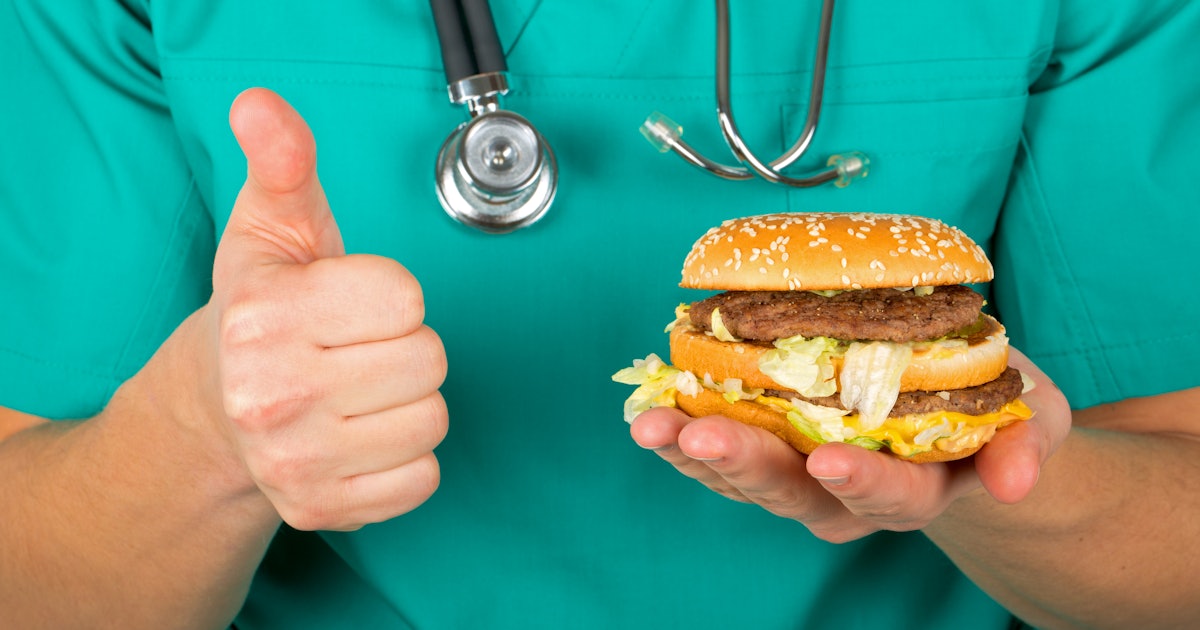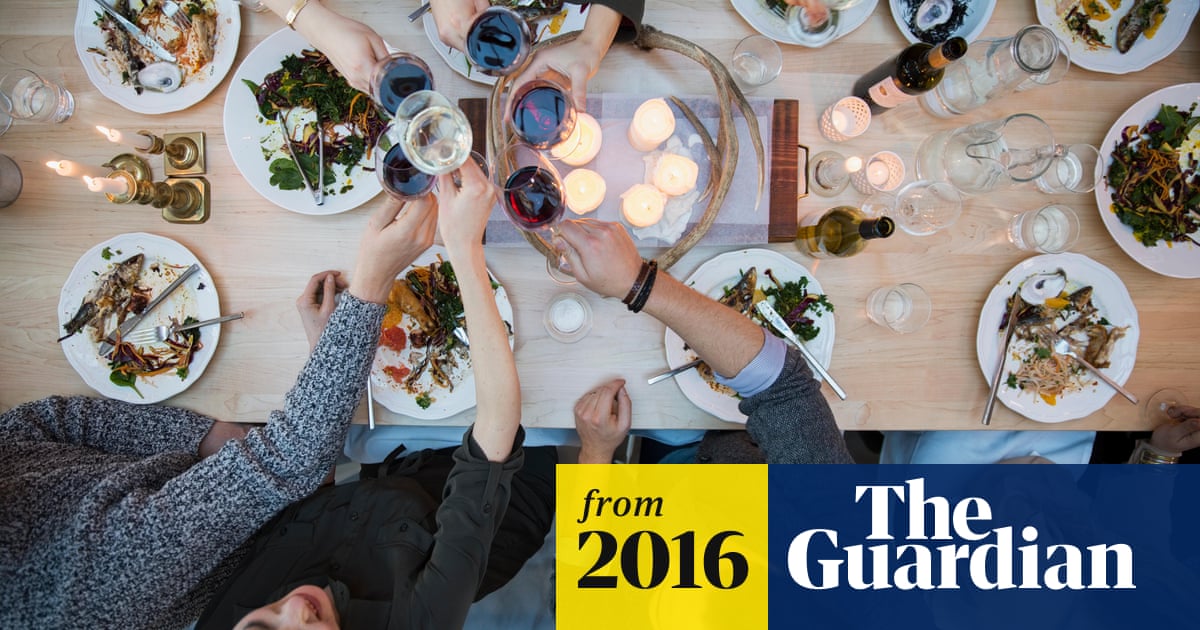Rubato
it only matters to us
RIP in advance
Everyone dies
RIP in advance
Well those niggas going before their time with their horrible eating habitsEveryone dies
dat pork!
yall can keep that
Who else got something to say
Another study found that when you deep fry potatoes they become a carcinogen. Which idgaf burger and fries is my most favorite meal.How do you come to this conclusion?
Well those niggas going before their time with their horrible eating habits
Who else got something to say

At the end of the day. You should try to eat healthy, but if you're giving up stuff you love to maybe get a few extra years when you might get hit by a car tomorrow...I don't know. Shit is weird. My grandparents made it to their 80s and behind and they ate way shittier food. I don't know.
Who else got something to say

Dr. Wansink’s lab was known for data dredging, or p-hacking, the process of running exhaustive analyses on data sets to tease out subtle signals that might otherwise be unremarkable. Critics say it is tantamount to casting a wide net and then creating a hypothesis to support whatever cherry-picked findings seem interesting — the opposite of the scientific method. For example, emails obtained by BuzzFeed News showed that Dr. Wansink prodded researchers in his lab to mine their data sets for results that would “go virally big time.”
Data dredging is fairly common in health research, and especially in studies involving food. It is one reason contradictory nutrition headlines seem to be the norm: One week coffee, cheese and red wine are found to be protective against heart disease and cancer, and the next week a new crop of studies pronounce that they cause it. Marion Nestle, a professor of nutrition, food studies and public health at New York University, said that many researchers are under enormous pressure to churn out papers. One recent analysis found that thousands of scientists publish a paper every five days.
Data dredging is fairly common in health research, and especially in studies involving food. It is one reason contradictory nutrition headlines seem to be the norm: One week coffee, cheese and red wine are found to be protective against heart disease and cancer, and the next week a new crop of studies pronounce that they cause it. Marion Nestle, a professor of nutrition, food studies and public health at New York University, said that many researchers are under enormous pressure to churn out papers. One recent analysis found that thousands of scientists publish a paper every five days.
“You can’t get a job if you don’t have papers,” she said. “I see this at my university. We expect assistant professors to be hired with already a record of scholarship.”
In 2012, Dr. John Ioannidis, the chairman of disease prevention at Stanford, published a study titled “Is Everything We Eat Associated With Cancer?” He and a co-author randomly selected 50 recipes from a cookbook and discovered that 80 percent of the ingredients — mushrooms, peppers, olives, lobster, mustard, lemons — had been linked to either an increased or a decreased risk of cancer in numerous studies. In many cases a single ingredient was found to be the subject of questionable cancer claims in more than 10 studies, a vast majority of which “were based on weak statistical evidence,” the paper concluded.
Nutrition epidemiology is notorious for this. Scientists routinely scour data sets on large populations looking for links between specific foods or diets and health outcomes like chronic disease and life span. These studies can generate important findings and hypotheses. But they also have serious limitations. They cannot prove cause and effect, for example, and collecting dietary data from people is like trying to catch a moving target: Many people cannot recall precisely what they ate last month, last week or even in the past 48 hours. Plenty of other factors that influence health can also blur the impact of diet, such as exercise, socioeconomic status, sleep, genetics and environment. All of this makes the most popular food and health studies problematic and frequently contradictory.
Experts say that the problem extends to science journalists as well: Many reporters are encouraged to produce articles that get lots of clicks. That is another reason researchers and universities feel pressure to put out studies and news releases with exaggerated findings.

